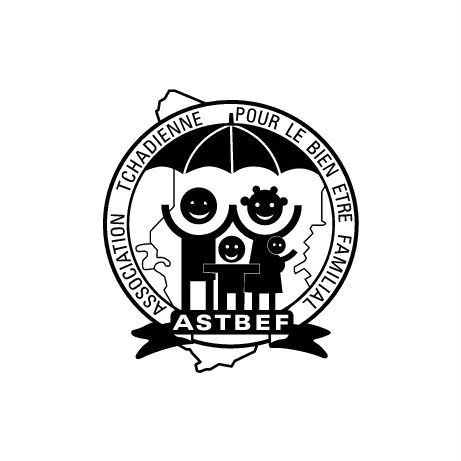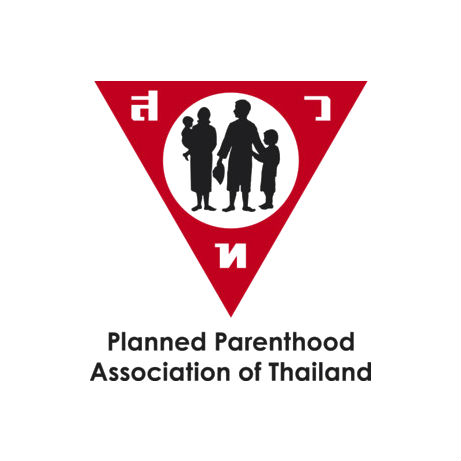

| 31 March 2016
Association Tchadienne pour le Bien-Etre Familial
When the Association Tchadienne pour le Bien-Être Familial (ASTBEF) was formed in 1991, no one was under any illusions that it was faced with an almost impossible task as the international indices for sexual and reproductive health (SRH) demonstrate. Some suggested that it would be overwhelmed and would simply not survive. Over 20 years down the line, the organisation is thriving, thanks in large part to an immensely committed team of staff, over 1,000 volunteers, peer educators, and a strong youth action movement. The organisation runs static clinics and a number of mobile operations which offer voluntary counselling and testing (VCT) for HIV, post-abortion care, antenatal and post-natal care, treatment of opportunistic infections, treatment of male and female infertility, pre-marital counselling, and advocacy against harmful cultural practices such as female genital mutilation and gender based violence. ASTBEF has made a considerable impact on the country’s SRH activity by integrating family planning with maternal and infant health, HIV and AIDS services, and youth-friendly education programmes and service provision. ASTBEF works in partnership with the government’s Global Fund National Coordination Council, and the High Commission for Population and Human Resources National Reproductive Health Programme Supporting Committee. Non-governmental organisation (NGO) links include the Comité d’information et de liaison and the Organisation des Acteurs non Etatiques (OANET). Private sector partners include PPFAI, NACA, HAPAC, SFH, The Central Bank of Nigeria, CAP Plc, and Nigeria Breweries, and donors who support ASTBEF’s work include UNFPA, UNICEF, PNUD, Médecins du Monde, the US Embassy, PSR, GTZ, the Ministry of Social Action and Family Affairs.

| 31 March 2016
Planned Parenthood Association of Thailand
The Planned Parenthood Association of Thailand (PPAT) supports the National Family Planning Programme by organizing countrywide educational and motivational activities, and by delivering contraceptive services to special target groups/geographic areas including slum dwellers, the population along the Thai-Cambodia border, and northern hill tribes. With the help of Muslim leaders and the support of grassroots volunteers, PPAT has been highly successful in promoting family planning among the marginalized Muslim community in Thailand's 4 southern-most provinces. It has also undertaken individual projects tailored to the needs of prisoners and fishermen. PPAT’s approach to sexual and reproductive health (SRH) promotion has been innovative, and in many cases, the organization’s models have been replicated by government departments and have been sustained with dedicated public funds. PPAT runs a strong programme of information, education and communication (IEC) via radio and television broadcasts on family planning, sexually transmitted infections (STIs), reproductive health and environmental issues. These are estimated to have reached over 10 million people across the country. The organization operates through over 1,900 distinct service points. These include 15 permanent clinics and 8 mobile units, and a network of hundreds of community-based distributors/community-based services (CBDs/CBSs). As the statistics show, Thailand still faces a number of challenges, particularly in relation to maternal and child mortality. But with a confident and active Member Association on hand, the prospects for continued improvement are strong. Contacts Facebook: https://www.facebook.com/pages/The-Planned-Parenthood-Association-of-Thailand-PPAT Twitter: https://twitter.com/PPATFANCLUB







